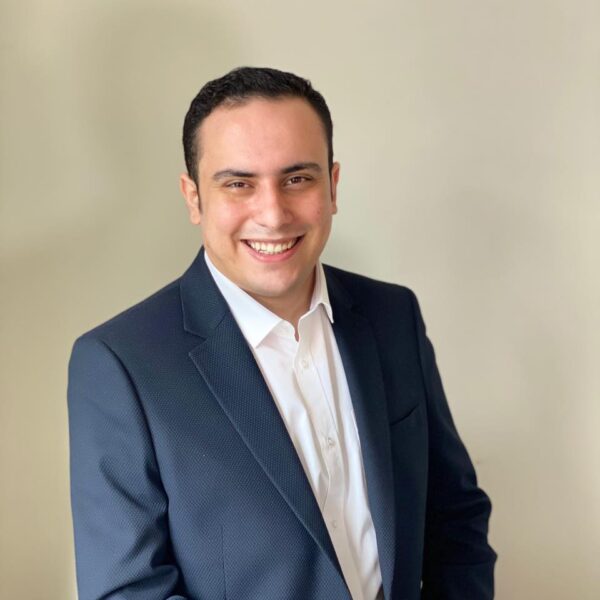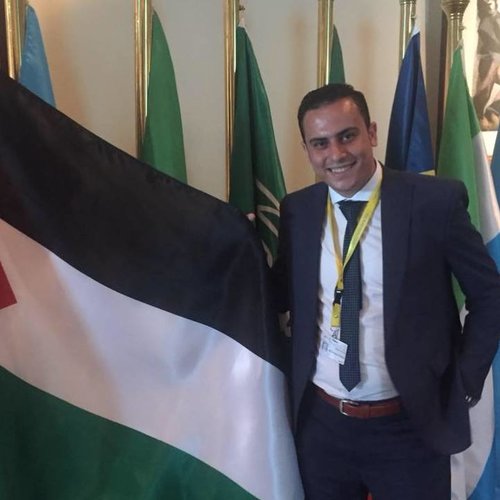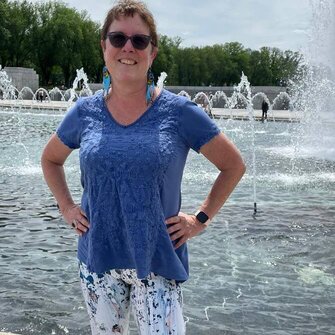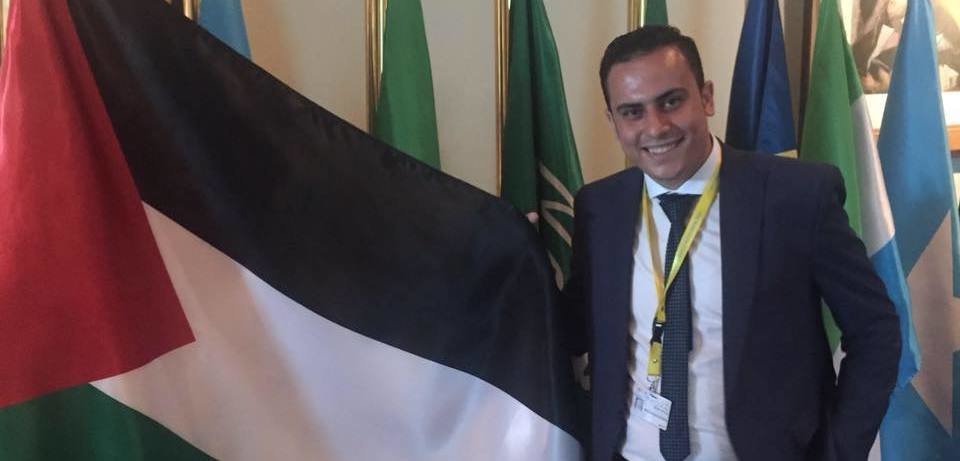
Last week, I was fortunate enough to represent We Are Not Numbers at the World Youth Forum, organized by the Egyptian government in Sharm El Sheikh to “promote peace, creativity and development” among young people worldwide. Youth from more than 160 countries participated, and I have never been prouder to wear a name tag saying “Palestine.” It was my first time out of Gaza, and although I had talked to many foreign journalists and visitors as project manager for We Are Not Numbers, I had never been exposed to so many youth from so many countries, and given such a prominent forum to introduce and explain my people.
When I was in Gaza, I was desperate for the chance to travel, to escape from the dreary sameness of every day, broken only by the news of our protesters being shot and injured every Friday as we tried to grab the world’s attention. There were many times when I hated Gaza. It had killed my dreams many times over—including my brother in the 2014 Israeli war on Gaza. But this forum helped me rediscover my pride in being a Palestinian, along with a deep love for my poverty-stricken, often dysfunctional people, whose very lives are symbols of the resilience of the human spirit. I used every opportunity I could to talk about my people and why we risk our lives to insist on our right to return to our ancestral homeland—now called Israel.
Most youths in Gaza say they detest politics because they are sick of the infighting between the two main political parties, Fatah and Hamas. So, they withdraw from it altogether. But at the forum, I realized that being a Palestinian, especially one from Gaza, means we don’t really have a choice. I now embrace it. I welcome being an ambassador for Palestine. If my people are to unify, I must engage.
Finding solace in solidarity
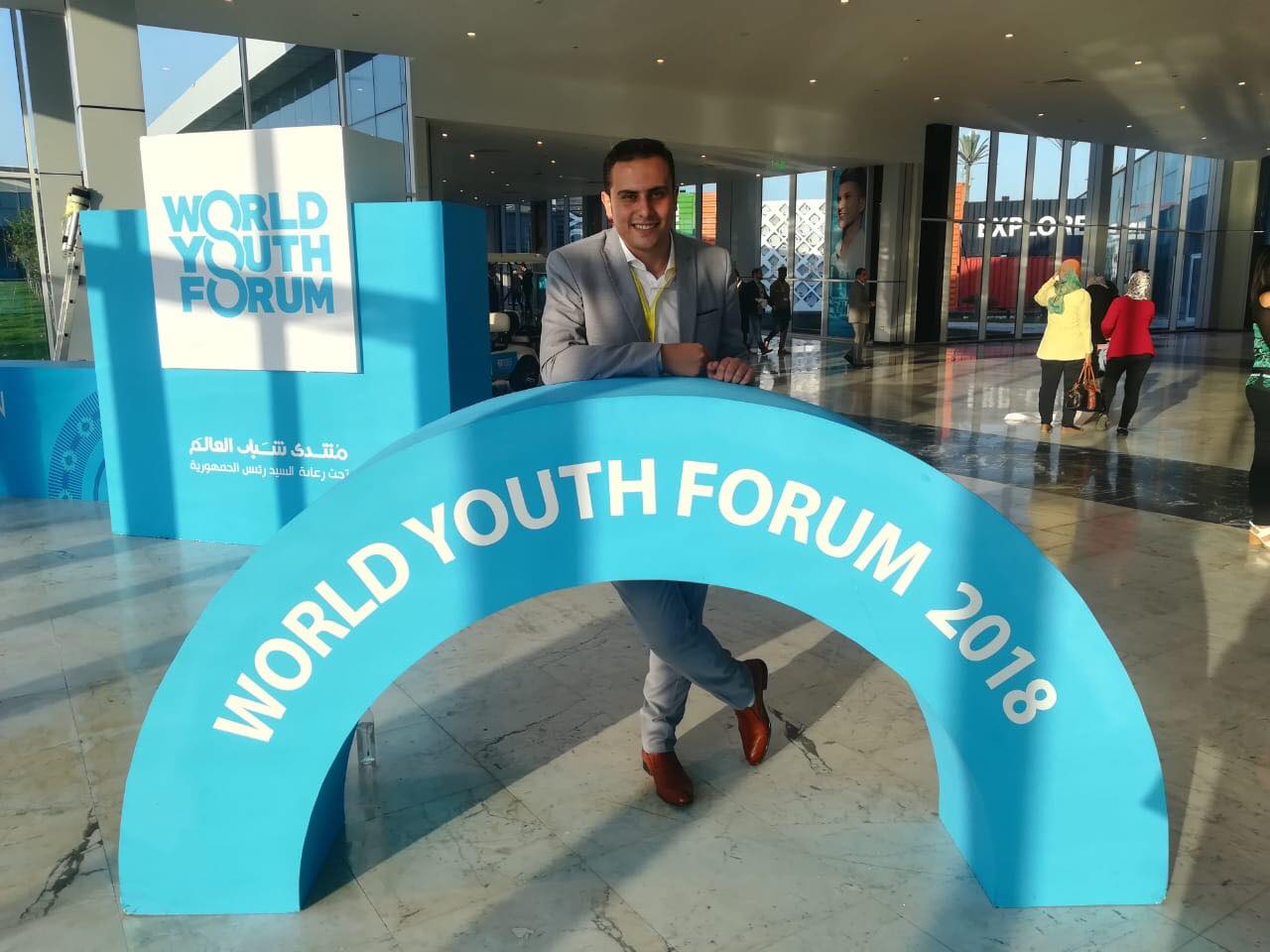
I have to admit it is a sort of perverse relief to know your suffering is recognized by others. Inside Gaza, it too often feels like we are alone as the world worries about all of the other hot spots. Although I was one of the few youths in Gaza who had a job and thus to some extent a stable, sustainable life, an income isn’t the only thing we crave. I yearned to know what it feels like to be free. When I was in Gaza, every night I dreamt of travelling—often to Jerusalem, but I would have settled for anywhere.
At dinner on the day I arrived the hotel, the event’s participants introduced themselves. When I stated that I am a Palestinian from Gaza, there was a rush of questions, with everyone clamoring for information. I talked nonstop for the next hour. There were tears in their eyes and appreciation in my heart.
However, although nearly everyone I talked with was eager to learn and sympathized with Gaza, the majority also were ignorant about the most basic facts about where I live—including where it is located (just miles from where we were meeting). Some of the people I met believed Jerusalem is in Gaza and were shocked when they heard I have never been allowed to visit. Others thought Gaza is a place filled only with rubble and all 2 million residents are Hamas fighters. They were surprised to learn that we are like people the world over, often disagreeing with our own government. Even those from other Arab countries were misinformed, with several claiming Palestinians caused their own displacement by selling their land to the Jewish settlers in 1948. It took a while to explain that the vast majority were forced our by force or fear. But although these misconceptions hurt, I was honored to explain the reality about Gaza and Palestine. They listened and I was able to reach them. That gave me immense satisfaction.
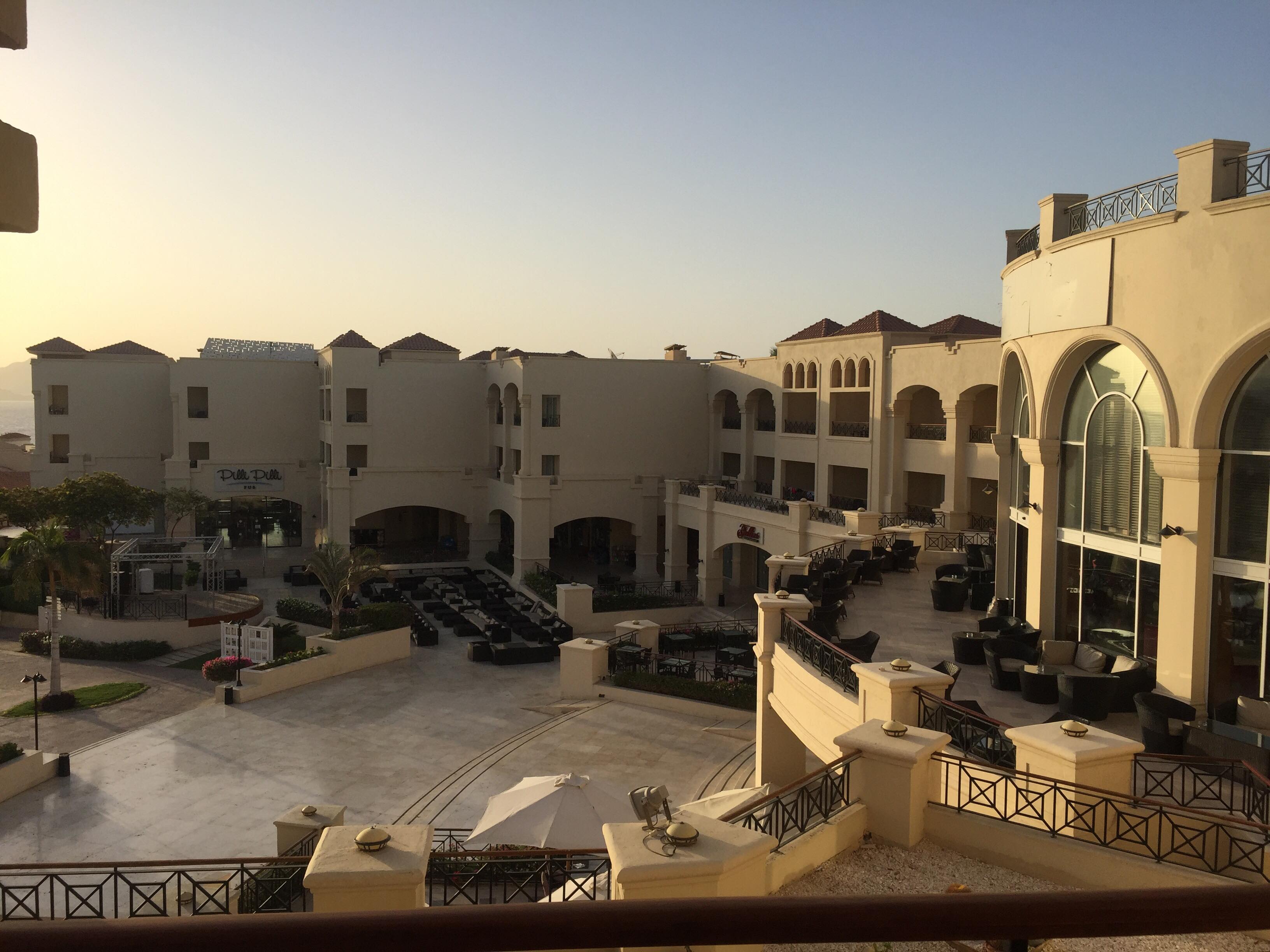
Sometimes, however, their sudden, acute awareness of the pain and strife in my home, Gaza, prevented me from achieving another of my dreams—to be “normal” for once. When I would relax into the moment, enjoying the strangeness of the luxury hotel and smiling with the rest, someone would inevitably ask, "Isn’t it hard to be happy when you know what is happening at home?” To be a Palestinian Gazan, however, also is to live a split reality when you manage to escape. Laugher is the best way to conceal pain, but thoughts of those left behind are never far below the surface.
Can we afford to live careless lives?
When I asked fellow youths at the forum what they were passionate about or were engaged in, I mostly heard about jobs, school and hobbies. Many obsessed about issues like where to go for their next vacation, not having time to write their thesis or parental curfews. I was one of the few who is passionately dedicated to fighting for the rights of his people. It’s hard for me to imagine any other kind of life. In response, I was pitied or—sometimes—envied for my sense of purpose and meaning.
“To be honest, what annoys me a lot in my life is when Uber takes five minutes longer than they promised to arrive," admitted a new Russian friend. Sometimes I long for the luxury of those kinds of inconsequential worries. I was surprised, however, when I found myself pitying her.
More importantly, however, I learned that no matter how much governments sow division to further their own self-interests, we can build bridges by connecting directly and listening to each other. No matter where my fellow youths were in terms of perception and lack of education, I was able to reach them with my story and we found our way to common ground. If we were better at harnessing the power of civil society, what problems could we solve? To that, I’d like to dedicate my future.
The forum also showed me that no matter how I try to forget Gaza, Gaza lives in me. While I enjoyed the best days of my life, residing in a 5-star luxury hotel and meeting amazing people, my mind and heart were haunted with only one place—Gaza and the March of Return. It’s a ghost from which I will no longer run. Rather, I will embrace it no matter where I travel.

